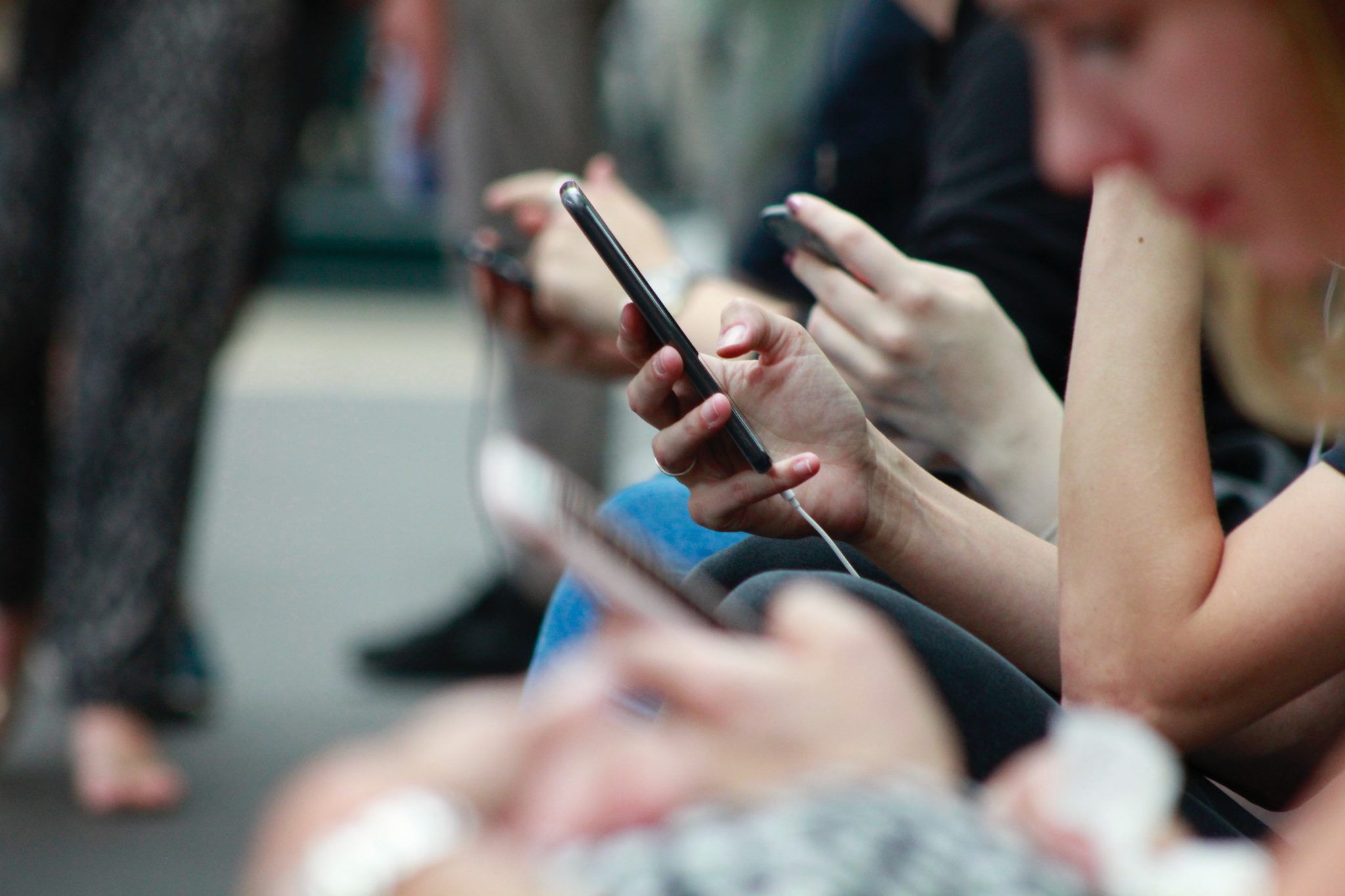

Share
20th April 2022
04:37pm BST

 Via UnSplash[/caption]
“We’ve been able to match coughs down to positive Covid-19 results. So we’ve found signatures in cough sounds that give us an indication of Covid,” said Dr Tony Keating, ResApp’s chief executive, in a statement.
However, if the patient is not exhibiting symptoms, then the app's accuracy drops to between 50 and 60 per cent.
The technology is already being used in Australia, Indonesia and Switzerland to identify common respiratory issues and has been trained using a database of 6,000 different coughs.
Their landmark work has caught the eye of vaccine manufacturer Pfizer, who has offered $100m AUS (approximately £75m) to buy the company and all its platforms. They have since agreed on a non-exclusive partnership, according to the Huffington Post and will collaborate on further covid research.
[caption id="attachment_330958" align="alignnone" width="2048"]
Via UnSplash[/caption]
“We’ve been able to match coughs down to positive Covid-19 results. So we’ve found signatures in cough sounds that give us an indication of Covid,” said Dr Tony Keating, ResApp’s chief executive, in a statement.
However, if the patient is not exhibiting symptoms, then the app's accuracy drops to between 50 and 60 per cent.
The technology is already being used in Australia, Indonesia and Switzerland to identify common respiratory issues and has been trained using a database of 6,000 different coughs.
Their landmark work has caught the eye of vaccine manufacturer Pfizer, who has offered $100m AUS (approximately £75m) to buy the company and all its platforms. They have since agreed on a non-exclusive partnership, according to the Huffington Post and will collaborate on further covid research.
[caption id="attachment_330958" align="alignnone" width="2048"] Via UnSplash[/caption]
"Pfizer represents a huge opportunity to get this test into people’s hands,” Keating added.
Similar ideas are being bounced around at Cambridge, where a team is currently crowdsourcing cough recordings. Researchers from the Massachusetts Institute of Technology are also working on their own design which they claim spots 98.5 per cent of infections.
Via UnSplash[/caption]
"Pfizer represents a huge opportunity to get this test into people’s hands,” Keating added.
Similar ideas are being bounced around at Cambridge, where a team is currently crowdsourcing cough recordings. Researchers from the Massachusetts Institute of Technology are also working on their own design which they claim spots 98.5 per cent of infections.